“When conditions are right there are views of Mount Teide.”
From the spot where the author of the sentence above was supposed to be standing, the weather would have to have been apocalyptic for anyone not to be able to see Mount Teide.
But someone who hadn’t actually been there wouldn’t know that.
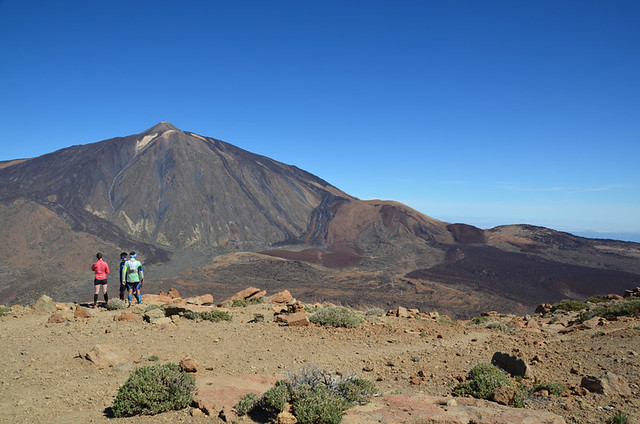
The devil is in the detail. When you swim in the overcrowded waters of travel writing/blogging on a daily basis, you soon develop the ability to spot the tripwires which have authors, who haven’t visited destinations they write about, falling flat on their faces.
Why does it bother me when I read something like this in travel articles and blogs? It’s partly because we live at the other end of the spectrum. Andy puts it down to previous careers in the British Civil Service where everything was transparently above board, sometimes to extreme levels. I’m grappling over a silly nothing as I write this; unimportant to anyone except me. It isn’t about somewhere I haven’t been; just a rearrangement of words that makes me slightly uncomfortable. It’s a stance which has cost us work in the past, when we’ve refused to play ‘the game’. We’ve walked away from a number of writing gigs because of ethical conflicts. Without exception, it has been liberating every time.
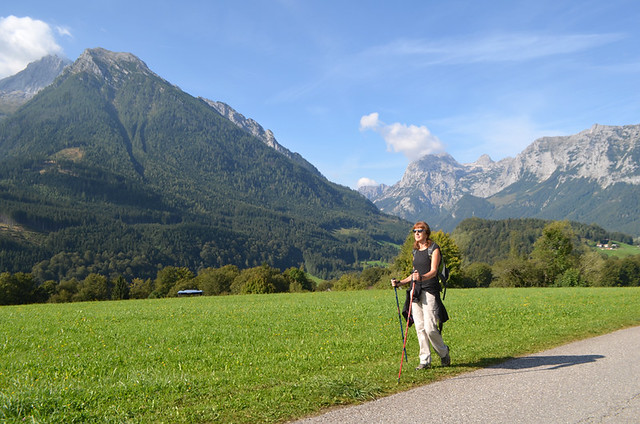
The world of travel blogging particularly disappoints me. Initially it barged its way arrogantly, maybe spelled N-A-I-V-E-L-Y, into a writing arena which had generally become staid. It still is. Too often driven, understandably though it may be, by economics which can muffle the sort of old school travel writing that fired my imagination as a boy in a bedroom in a council flat in Scotland.
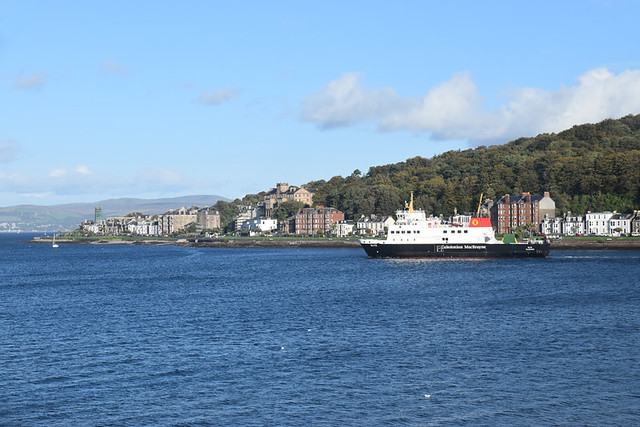
I could share any number of examples, here’s a handful. A few years ago, when writing an article commissioned by a holiday company for an in-flight magazine, the original ‘best of’ list we compiled had to be jettisoned in favour of a ‘best of’ list which featured places within easy distance of the company’s hotels, all of which were in resorts. So not really the ‘best of’ at all. Sometimes players involved don’t even have to be paying publications to try to influence who and what gets included in travel articles. A standout example involved a member of a tourist board declaring “I say what gets written in any travel article about my destination.” A supportive editor helped put the deluded individual straight about that little fantasy. Some wouldn’t though. Another tourist board would only provide quotes for a travel mag article promoting gastronomy in the destination as long as every business mentioned was affiliated to them. The quotes didn’t go in and the businesses referenced were chosen on merit. Principals remained intact, but you can lose ‘friends’ taking these sort of stands.
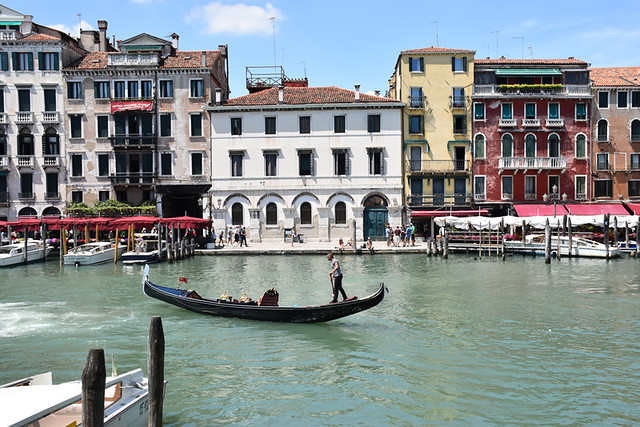
So there was a freshness to travel blogging when it burst onto the scene, writers weren’t shackled by a paying client influencing what was to be written. Destinations and experiences could be presented in a refreshingly honest way. However, unless you want your travel bloggers to be all cut from a similar cloth (i.e. coming from a privileged background which allows them the freedom to write without earning) there was always going to have to be compromise in the travel blogging world. In the long term people have to earn money to survive. To do that means to slide toward the mainstream, and in doing so increase the likelihood of dealing with the some of the same bodies who put limitations on conventional travel writing. But although some compromise and diplomacy come as a price for merging into mainstream travel writing, there’s no real need for anyone to pretend to have visited somewhere they haven’t.
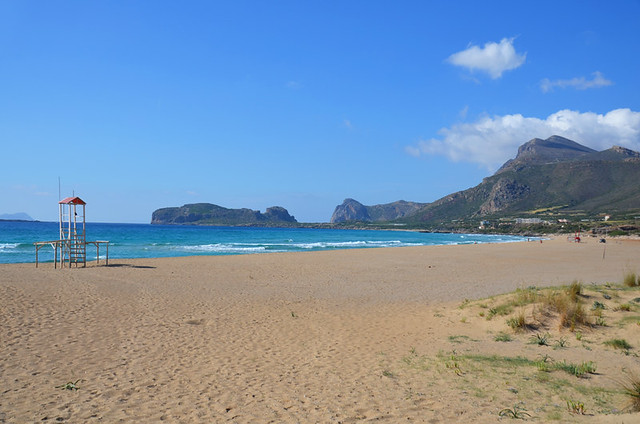
Which is where writing about destinations not visited comes in. There’s a huge market, and therefore money to be made, when it comes to promoting holiday destinations. There’s nothing wrong in bloggers being paid to pen pieces on behalf of a third party. That’s what conventional travel writing often involves, so why not blogging? It’s when writers deliberately deceive I have problems. I’m not talking copywriting, which is a completely different arm of the profession. I’m talking about passing off personal articles/blogs about places not visited as being first hand experiential.
On the same day I was miffed at the blogger who didn’t stand gazing over Mount Teide I read a travel guide in a mainstream publication about a destination I knew the author hadn’t visited. It reminded me of something written by a respected British travel writer in February 2017 regarding commissions from travel editors – “However a new trend is being asked to do whole destination pieces on places I haven’t been to, which is unsettling, to say the least. I reckon I can mug up on a place pretty well, but it’ll never be as good as having been there, and there’s always the possibility of some horror-show of a mistake creeping in.”
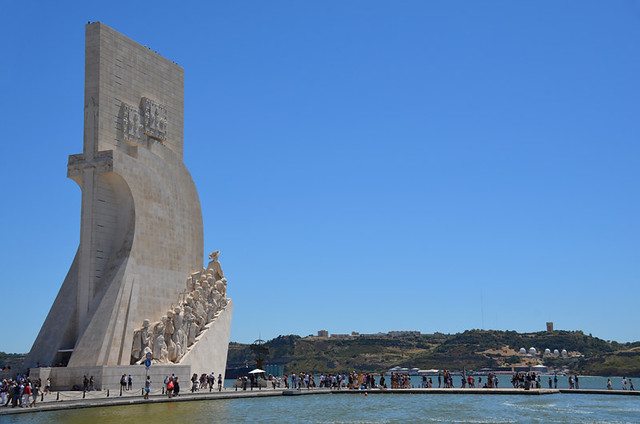
The worrying development is instead of learning from the best elements of travel blogging, the conventional travel writing world can be guilty of grasping at the worst aspects of it.
It highlights another reason this trend bothers me so much. I’m no different from anybody else who enjoys reading travel articles about any potential destinations which grab the interest. But I like to know the person writing about it, well, knows about it. So when I see them falling over that tripwire labelled ‘I haven’t actually been there’ the deception hacks me off.
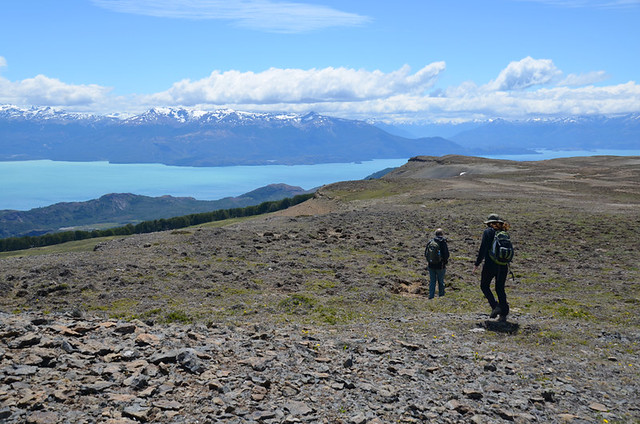
Ultimately it’s a deception which detracts from the efforts of the majority of writers and bloggers out there. Those who write about travel because of a passionate desire to share illuminating and intriguing souvenirs, good and bad, they happen to pick up as they wander along the world’s beaten and unbeaten paths.




Be the first to comment